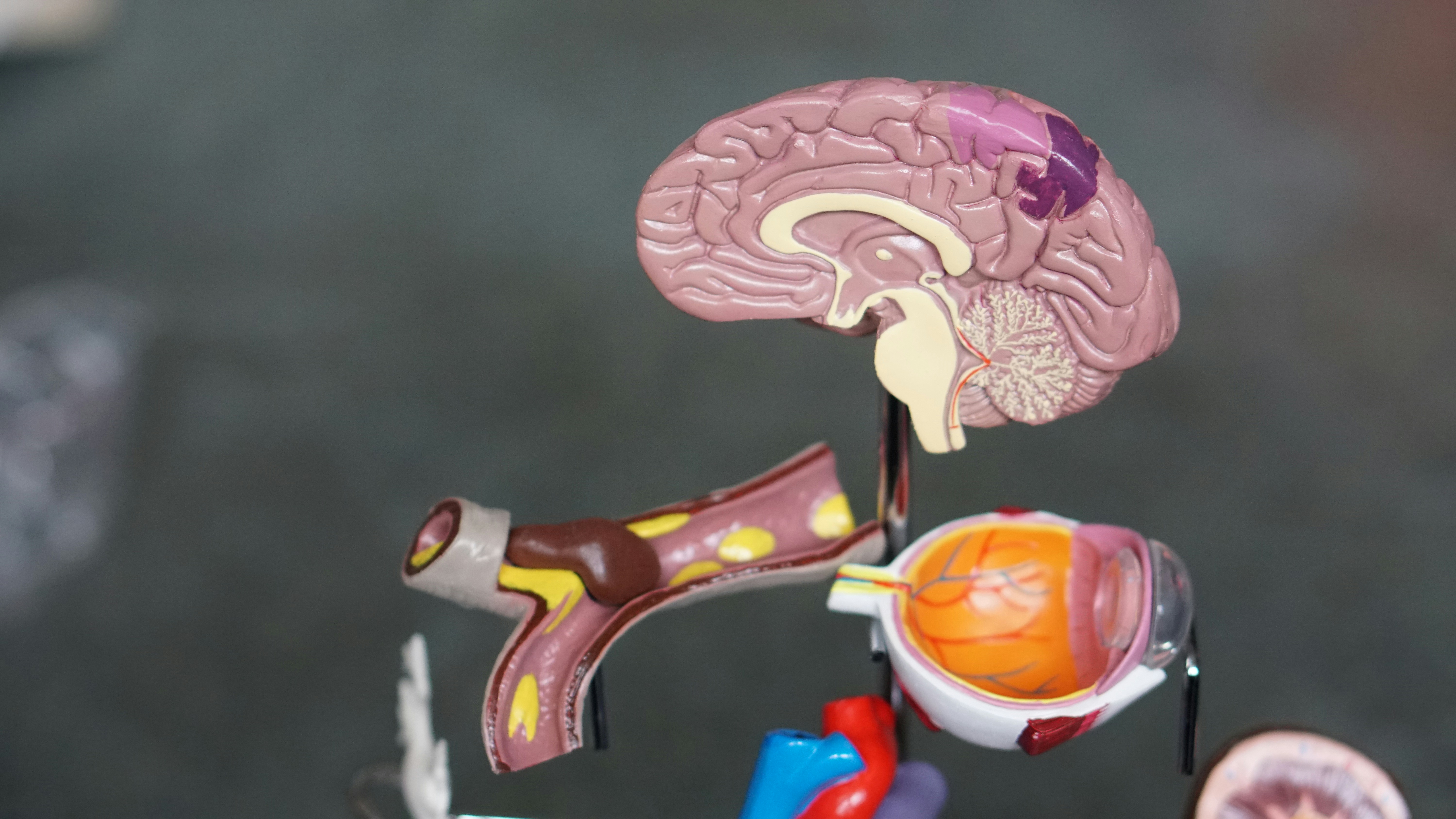Have you ever found yourself forgetting something important and wondered, “Is this a sign of dementia?” It’s a common question and one that many people worry about as they or their loved ones age. While memory loss can naturally stir concern, it's crucial to understand that not every instance of forgetfulness means you're on the path to dementia. Let’s dive into what memory loss really represents, and when it might be a cause for concern.
Understanding Memory Loss
Memory loss, often referred to as forgetfulness, is a normal part of aging for many individuals. But it's not just about aging; younger people can experience memory lapses due to stress, lack of sleep, or even lifestyle choices. Memory loss encompasses a range of experiences from forgetting where you left your keys to more serious instances of being unable to recall important personal information.
Types of Memory Loss
Memory loss can manifest in various ways, and these types can help distinguish between typical forgetfulness and something more serious.
-
Short-term Memory Loss: This involves forgetting recent events or information. For instance, not remembering what you had for breakfast.
-
Long-term Memory Loss: This involves forgetfulness of events that happened in the past, sometimes many years ago.
-
Temporary Memory Loss: Often linked to stress or sleep deprivation and usually resolves itself once the underlying issue is addressed.
-
Amnesia: This is a more severe form that can be caused by traumatic incidents, medical conditions, or brain damage.
Common Causes of Memory Loss
A wide array of factors can contribute to memory loss, not all of which are related to dementia. Here’s a look at some common causes:
-
Sleep Deprivation: Lack of rest can impair cognitive function and lead to forgetfulness.
-
Stress and Anxiety: High levels of stress can disrupt concentration and memory.
-
Depression: Many people with depression report memory lapses and diminished concentration.
-
Medication: Some medications can have side effects that disrupt memory.
-
Alcohol Use: Excessive alcohol consumption can also have a negative impact on memory.
These factors can cause fluctuations in memory that are often reversible, distinguishing them from more permanent conditions like dementia.
Dementia: A Closer Look
Dementia is a broad term for a decline in mental ability severe enough to interfere with daily life. It’s not a specific disease, but rather a syndrome associated with an array of symptoms affecting memory, thinking, and social abilities.
Symptoms of Dementia
Understanding the symptoms is key to differentiating dementia from regular forgetfulness.
-
Memory Loss: This isn't just about forgetting things; it’s about forgetting significant life events or information.
-
Difficulty Planning or Solving Problems: Challenges in developing and following a plan, or working with numbers, is a common signal.
-
Confusion with Time or Place: Losing track of dates, seasons, or where you are.
-
Difficulty with Languages: Problems with vocabulary, finding the right word, or understanding others.
Different Types of Dementia
There are several types of dementia, each linked with specific brain changes.
-
Alzheimer’s Disease: The most common cause of dementia, characterized by plaques and tangles in the brain.
-
Vascular Dementia: Resulting from blood vessel blockage or damage in the brain.
-
Lewy Body Dementia: Associated with abnormal aggregations of protein inside nerve cells.
-
Frontotemporal Dementia: Involves degeneration in the brain's front and side areas.
Each type of dementia has unique symptoms and progression rates, but memory loss is a common feature across the board.
Differentiating Memory Loss and Dementia
It is essential to know when memory loss might signify a more pressing issue. How do you differentiate between benign forgetfulness and a potential indication of dementia?
Memory Loss or Something More?
Memory loss associated with dementia isn’t just about forgetfulness. It involves a noticeable decline in problem-solving abilities, confusion with time or space, and struggles with communication. It’s also progressive, meaning symptoms gradually worsen over time.
Table 1: Differentiating Factors
| Factor | Normal Aging | Potential Dementia |
|---|---|---|
| Forgetting names or appointments but remembering them later | Common and typically harmless | Often forgets recently learned information, unable to eventually recall |
| Occasionally making errors when balancing a checkbook | Occasional, non-systemic | Frequent difficulty with tasks once familiar |
| Losing track of the day but figuring it out later | Occurs occasionally | Losing sense of time, confusion about dates and passages of time |
| Misplacing things sometimes | Usually retrace steps to find | Misplaces things often and can't retraces steps |
When to Seek Help
If you notice persistent memory issues that affect daily life or have concern for a loved one, consulting a healthcare professional becomes important. They may conduct cognitive tests, perform brain imaging, or take other steps to determine if dementia or another cognitive condition could be the cause.

Ways to Support Your Memory
While memory loss is not always preventable, certain lifestyle adjustments can support cognitive health.
Healthy Habits and Lifestyle Adjustments
Engaging in specific activities and habits can boost memory retention and cognitive abilities:
-
Regular Physical Activity: Exercise increases blood flow to the whole body, including the brain.
-
Mental Stimulation: Keeping your brain engaged through puzzles, reading, or even learning new skills.
-
Healthy Diet: A balanced diet rich in fruits, vegetables, and whole grains supports brain health.
-
Social Interaction: Engaging in social activities helps fend off depression and stress.
-
Proper Sleep: Ensuring ample rest aids cognitive functions.
When Professional Help is Necessary
While lifestyle changes can be helpful, there are times when professional intervention is crucial. If lifestyle adjustments aren’t effective, a healthcare provider can guide through advanced therapies or medications to manage symptoms effectively.

Conclusion
Memory loss can indeed be an anxiety-inducing experience, leading many to question if it’s a sign of dementia. While forgetfulness can be a normal part of aging, it’s important to differentiate between benign memory lapses and signs of a more serious cognitive decline. Understanding the differences, knowing when to seek help, and employing supportive lifestyle changes can all contribute to navigating memory health effectively. Remember, reaching out to a professional when in doubt can provide clarity and guidance on what steps to take next.



